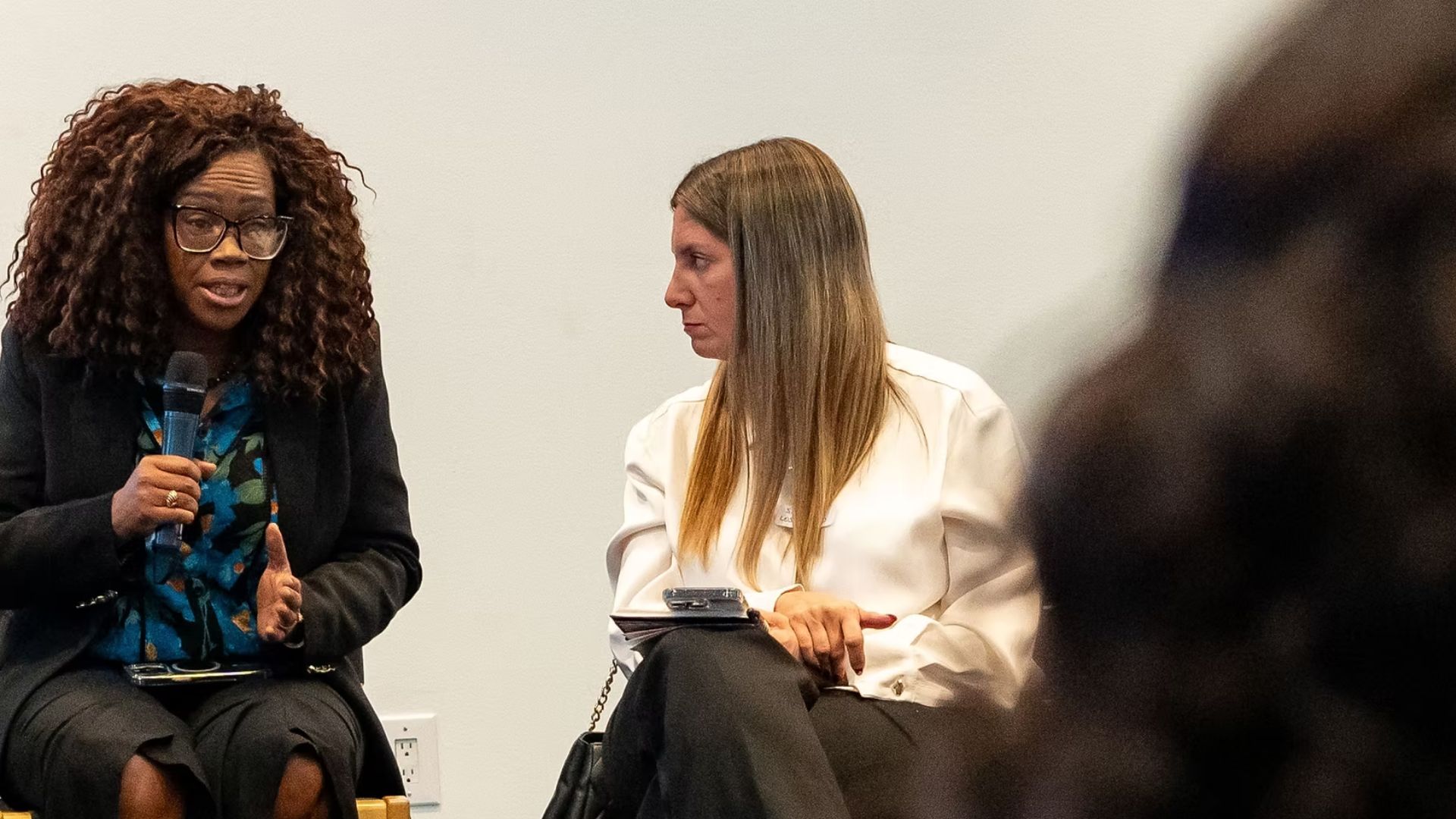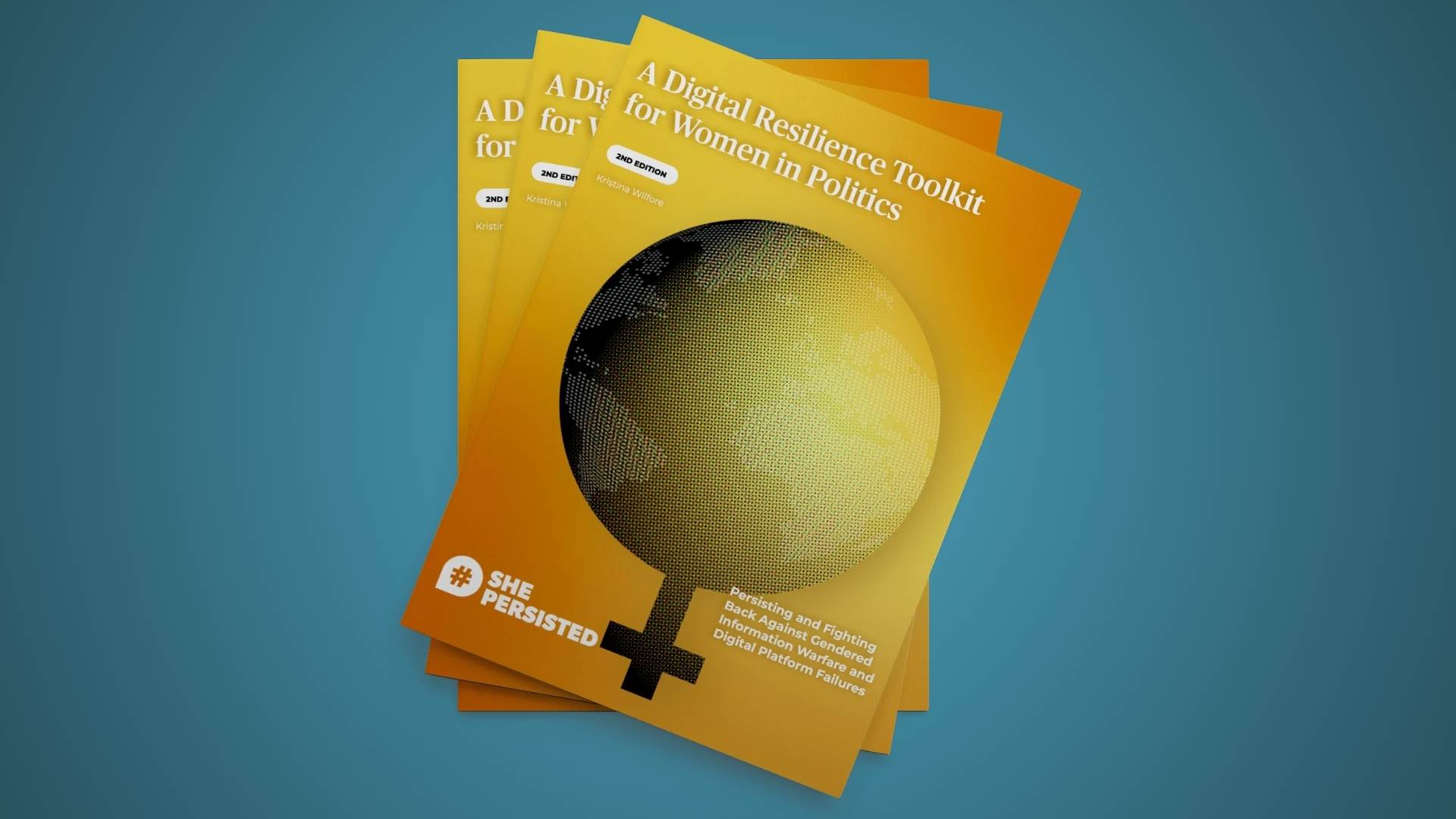Everyday sexism is a persistent obstacle for women in politics, from the campaign trail to the chambers of parliaments and councils. It shows up in off-hand remarks, undermines expertise, and reinforces outdated stereotypes – making it harder for women to lead, be heard, and stay visible in public life.
In this new series, leadership communications expert Amanda Gome AM shares her strategies for recognising and countering these pervasive behaviours, with practical tips drawn from her decades of experience.

About Amanda Gome AM
Amanda Gome helps leaders and organisations build profile, impact and influence through leadership communications, media and social media to change the word for the better. She also trains leaders and groups to recognise and counter every day sexism.
Awarded an AM in 2014 for significant services to women, media and business, Amanda is CEO of Notable Media and Vice President of Women’s Leadership Institute of Australia which supports Pathways to Politics.
As a woman becomes more visible and prominent the preoccupation with physical appearance can almost turn into an obsession.
Think of the treatment of Australia’s first Prime Minister Julia Gillard. As Julia Baird wrote for the New York Times:
“For the three years and three days that Julia Gillard was Prime Minister of Australia we debated the fit of her jacket, the size of her bottom, the exposure of her cleavage, the cut of her hair, the tone of her voice… the sexism was visceral and often grotesque.”
New Zealand’s former Prime Minister Jacinda Ardern was referred to as a “babe and a “pretty communist” by media and commentators during her time in office and told to “Zip it sweetie.”
And here is what New Zealand’s first Prime Minister Helen Clark said about her time in Opposition:
“They didn’t like your voice. Your teeth were crooked. They didn’t like your hair, your clothes. You were tough and aggressive, bossy. They didn’t like anything about you.”

Recognise it!
Comments about body shape, size, physical appearance or dress are frequent, undermining and distracting. You don’t look like a stereotypical leader is the underlying message.
Counter it!
- Keep conversations focused on the subject, content and capability – not physical appearance.
- Be vigilant when introducing women for example as speakers – comments about appearance can objectify and undermine credibility.
- Possible responses include: “Let’s focus on what she’s saying, not how she looks.”
- Or simply “Your preoccupation with her physical appearance is defined as sexist by the leaders of Australia’s top organisations and I recommend you educate yourself and go and read their report, We Set The Tone.”










